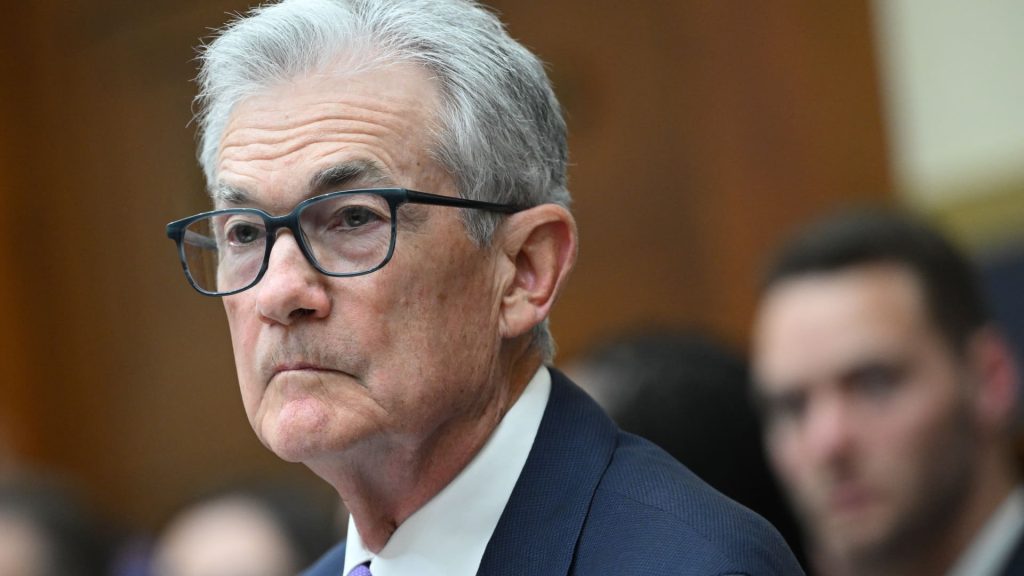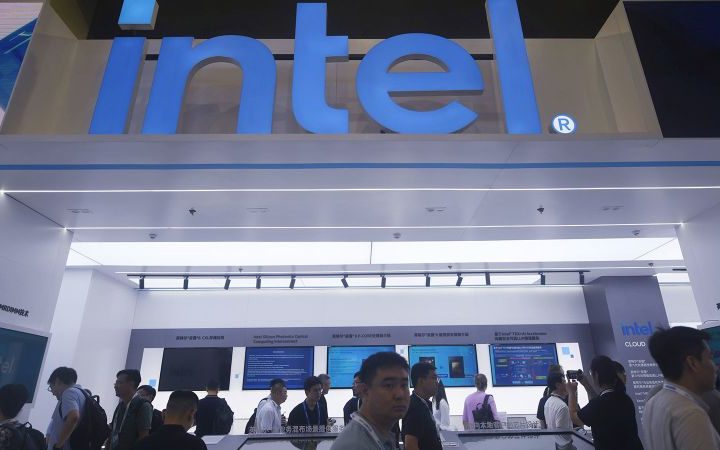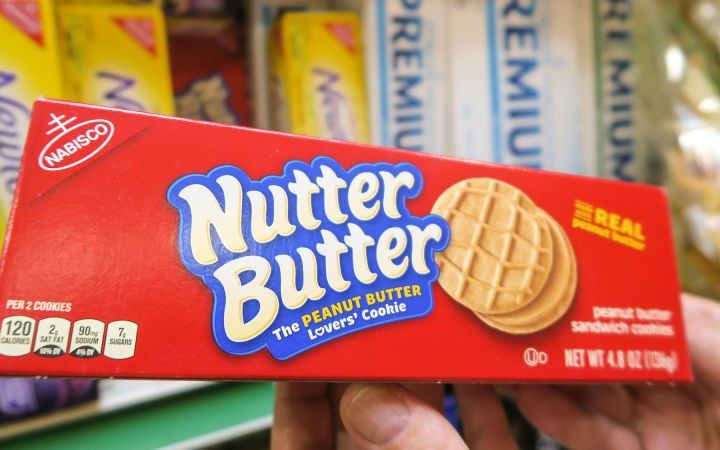A year after the failure of Credit Suisse, the Swiss government says UBS may have to find as much as $27 billion to absorb potential losses and protect taxpayers from ever having to bail out a major bank.
Now, the giant Swiss lender is hitting back, saying its finances are robust and warning that the proposal could harm Switzerland’s standing as a global financial center.
Speaking at the bank’s annual shareholder meeting Wednesday, UBS chairman Colm Kelleher said he was “seriously concerned” about current discussions that could force the bank to hold much more cash and other liquid assets. “Additional capital is the wrong remedy,” he said.
“There can be no regulatory solution for a broken business model,” he continued, referring to Credit Suisse. UBS bought its stricken rival last March in a government-orchestrated rescue aimed at preventing a global financial crisis.
The deal has proved controversial in Switzerland, which is now home to a bank with assets almost double the size of its annual economic output.
Kelleher argued the deal “reinforced Switzerland’s position as a leader in wealth management.”
He emphasized that UBS was “not too big to fail” and was “one of the best-capitalized banks in Europe,” with financial resources to absorb losses in excess of $200 billion.
“Trust cannot be regulated. It was not too-low capital requirements that forced Credit Suisse into the historic weekend rescue,” he added.
The regulatory proposals, unveiled earlier this month, give analysts and shareholders reason to reconsider the potential benefits that UBS will derive from the biggest banking deal in history.
Since the Swiss government published its recommendations as part of a report on banking sector stability, the bank’s stock has fallen more than 9%, trimming some of the extraordinary gains notched since the deal was announced a year ago.
Asked whether the proposed measures would require UBS to hold additional capital of between 15 billion and 25 billion Swiss francs ($16.4 billion-$27.3 billion), Swiss finance minister Karin Keller-Keller Sutter told the country’s Tages-Anzeiger newspaper this month that such estimates were “plausible.”
In a note Tuesday, Anke Reingen, a banking analyst at RBC Capital Markets, wrote that UBS shareholders’ concerns were “justified.”
Investors are anxious because, in general, the more capital a bank has to hold in reserve the less it can return to shareholders or deploy to boost earnings.
UBS is enjoying a lofty market valuation, with its shares up more than 40% over the past year. But that leaves the stock more vulnerable to declines as a result of “execution risk in the Credit Suisse integration,” suggested Citi analyst Andrew Coombs. He added that the new regulatory proposals injected “greater uncertainty” over the stock’s value.
Kelleher on Wednesday again highlighted the merits of the deal, while acknowledging that there was still “a long way to go” to make it a success.
He noted that the transaction added client assets equivalent to seven to 10 years of organic growth and “cements” UBS’s status as the “pre-eminent global wealth manager.”
“However, to maintain this competitive edge, it is imperative that our regulatory policies ensure a level playing field,” he added. “In other words, Switzerland’s regulation must remain broadly aligned with global standards.”
Kelleher also defended UBS CEO Sergio Ermotti’s pay package for 2023, which drew considerable criticism from shareholders. “He arguably has the toughest job in the financial services industry globally and he has delivered,” he said.
Ermotti earned 14.4 million Swiss francs ($15.9 million) in 2023, making him the highest-paid bank CEO in Europe, according to Reuters.
Read the full article here






